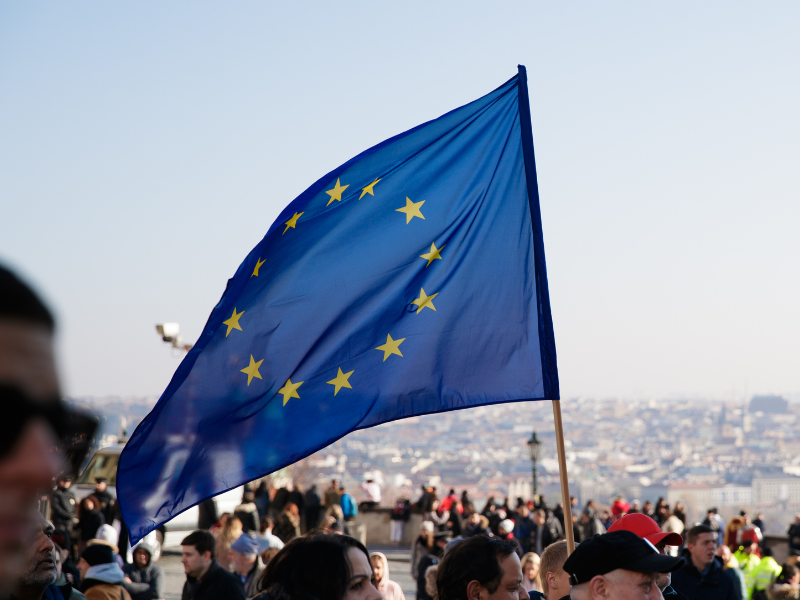The scope of the Directive
Directive (EU) 2024/1226 of the European Parliament and of the Council of 24 April 2024 lays down harmonised rules on sanctions for violations of EU restrictive measures, which officially became a “EU crime”.
Regulations such as the ones concerning restrictive measures against Russia and Belarus[1] already imposed, following amendments brought in 2022, the obligation for Member States to lay down “the rules on penalties, including as appropriate criminal penalties, applicable to infringements of the provisions of this Regulation and shall take all measures necessary to ensure that they are implemented. The penalties provided for must be effective, proportionate and dissuasive. Member States shall also provide for appropriate measures of confiscation of the proceeds of such infringements” (Article 8, Reg. (EU) No. 833/2014).
Directive No. 2024/1226, which will enter into force on 14 May 2024, intervenes in the wake of such obligations, establishing common minimum rules for the definition of criminal offences for the breach of restrictive measures imposed by the Union, which undoubtedly include those laid down in the context of the Russian-Ukrainian conflict.
Conduct subject to sanctions
Article 3 of the Directive lists a series of conduct which, “where it is intentional and in violation of a prohibition or an obligation that constitutes a Union restrictive measure or that is set out in a national provision implementing a Union restrictive measure”, must constitute a criminal offence, such as:
- making funds or economic resources available or failing to freeze them;
- the entry into or transit through the territory of a Member State of designated persons;
- the carrying out of transactions with a third State;
- trade or transport of goods and brokering, technical assistance or other services related to those goods;
- the provision of financial and non-financial services or activities; and
- the circumvention of a Union restrictive measure.
The Directive also lays down the maximum penalties, aggravating and mitigating circumstances, as well as punishes the inciting, aiding and abetting and attempting of such conduct.
Member States may establish a threshold of non-punishability for certain conduct, if the value of the concerned economic resources, goods or services is less than EUR 10,000, while they will have to take the necessary measures to enable the freezing and confiscation of instrumental assets and proceeds from the offences established by the Directive.
The liability of legal persons
Articles 6 and 7 stipulate that Member States shall ensure that legal entities may also be held liable for the offences listed above, if “committed for the benefit of those legal persons by any person who has a leading position within the legal person concerned” or “the lack of supervision or control” by a person in a leading position “has made possible the commission, by a person under its authority” of any listed offence, providing for a series of ad hoc pecuniary and disqualifying sanctions.
Expected changes to national legislation
The deadline for the transposition of the Directive by the Member States is set for 20 May 2025: by that date, Italy will therefore most likely have to take action on the legislative texts already in force, and in particular:
- on Legislative Decree No. 221 of 15 December 2017 on the enforcement of trade embargo sanctions, legislation currently applied for sanctions for violations of EU restrictive measures, which, in articles 20 et seq. already punishes some of the conduct listed in Article 3 of the Directive, also imposing the mandatory confiscation of the product or profit of the offence;
- on Legislative Decree No. 109 of 22 June 2007 on “measures to prevent, counter and suppress the financing of terrorism and the activities of countries threatening international peace and security, implementing Directive 2005/60/EC”, which lays down the rules applicable to the freezing of funds and economic resources; and
- on Legislative Decree No. 231 of 8 June 2001 concerning the administrative liability of entities for criminal offences: as a result of the obligations laid down in Articles 6 and 7 of the Directive, the scope of whose sanctions is perfectly in line with the rules laid down by Legislative Decree No. 231/2001, it is in fact quite likely that the violation of the Union’s restrictive measures, in the manner identified by the Directive, will be included in the list of predicate offences.
[1] Council Regulation (EU) No. 833/2014 of 31 July 2014 concerning restrictive measures in view of Russia’s actions destabilising the situation in Ukraine; Council Regulation (EU) No. 269/2014 of 17 March 2014 concerning restrictive measures related to actions threatening or undermining the territorial integrity, sovereignty and independence of Ukraine; Council Regulation (EU) No. 692/2014 of the Council of 23 June 2014 concerning restrictions on imports into the Union of goods originating in Crimea or Sevastopol, in response to the illegal annexation of Crimea and Sevastopol.
DOWNLOAD PDF

